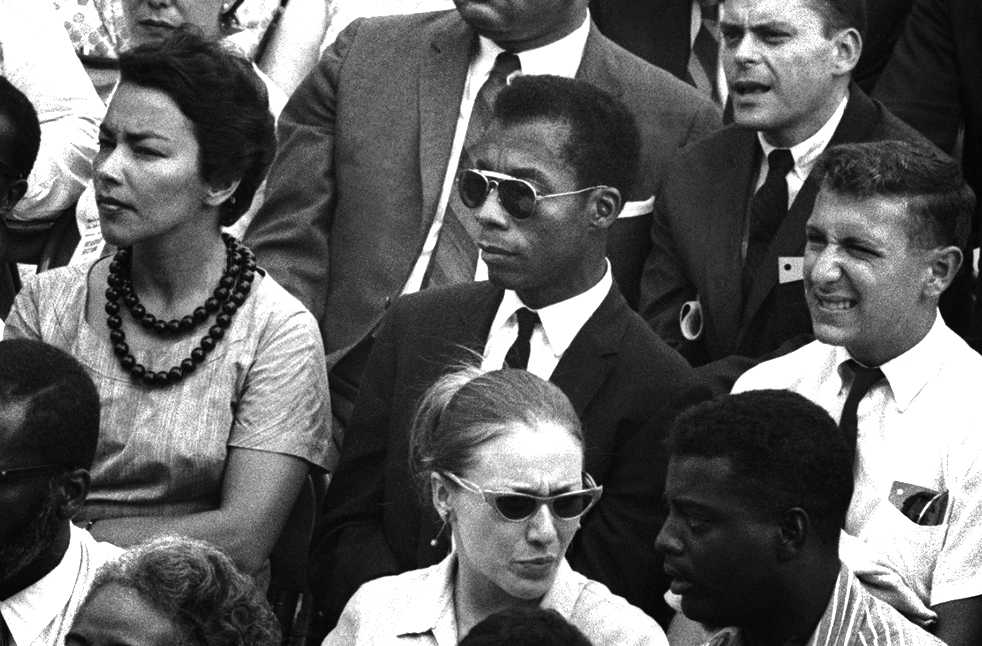“I Am Not Your Negro,” a recent documentary by Raoul Peck (“Sometimes in April”), is an emotional journey through the Civil Rights Movement. Peck tells the story of the Movement through the perspective of James Baldwin, and this fresh perspective exposes the disturbing flaws of the time.
Baldwin was a gay writer who was heavily involved with the Civil Rights Movement. Unlike some films in its genre, “I Am Not Your Negro” is both fluid and entertaining. Narrated by Samuel L. Jackson (“Pulp Fiction”), the film successfully portrays the life and persona that was
James Baldwin.
The movie is based on a story originally drafted by Baldwin, but he was unable to see the novel to its end. Peck was able to obtain Baldwin’s records and complete the story, immortalizing Baldwin’s entrance into a highly volatile America. As the documentary progresses, the audience is shown how influential Baldwin’s interactions with the largest Civil Rights leaders of the time were on Baldwin’s view of the nation.
The efforts of leaders, such as Malcolm X, Medgar Evers and Martin Luther King, Jr., were among those that impacted Baldwin’s journey. The film splices together speeches from these individuals with footage of Baldwin and a large collection of photographs to accompany
Jackson’s narration.
Although the movie lacks a strong and coherent ending, it highlights the inherent problems that prompted the creation of the documentary. Peck uses Baldwin’s story to draw parallels to the current cultural and social issues, some preserved from the age of the Civil Rights Movement.
He finds space to add references to recent tragedies, such as the death of Trayvon Martin, and the mistreatment of African Americans in the 20th century.
The civil rights narrative in “I Am Not Your Negro” sets itself apart by connecting two time periods and validates itself as a disturbingly relevant film. The documentary exposes the racism that permeated the twentieth century and is still alive today.
Peck combines past and present events to remind the audience that the struggle for black equality is not something to be forgotten: racial injustices are still
a reality.
Many of the effects of generations of inequality still manifest themselves now, and in this light, “I Am Not your Negro” establishes itself as more than simply another historical narrative. The film is able to coherently summarize the issues prompting the Civil Rights Movement.
Peck expertly leverages Baldwin’s call to action to stir pride in the viewers for the arduous endeavors of those involved with the Civil Rights Movement. The opening of the film begins with Baldwin admitting that he can no longer stay in Europe as America needs his help; the invocation is almost heroic. Additionally, the usage of footage of Baldwin’s speeches and the inclusion of accounts of his personal writing lends authenticity to
his characterization.
While the film has garnered critical acclaim, the documentary occasionally became too overloaded with information to appreciate its meaning. Since most of the content is derived from splicing historical footage and records, coherently creating a fluid film is a daunting task.
Although this is an inherent challenge in the method of the film, However, Peck is able deftly to balance both components — the information and story — successfully.
